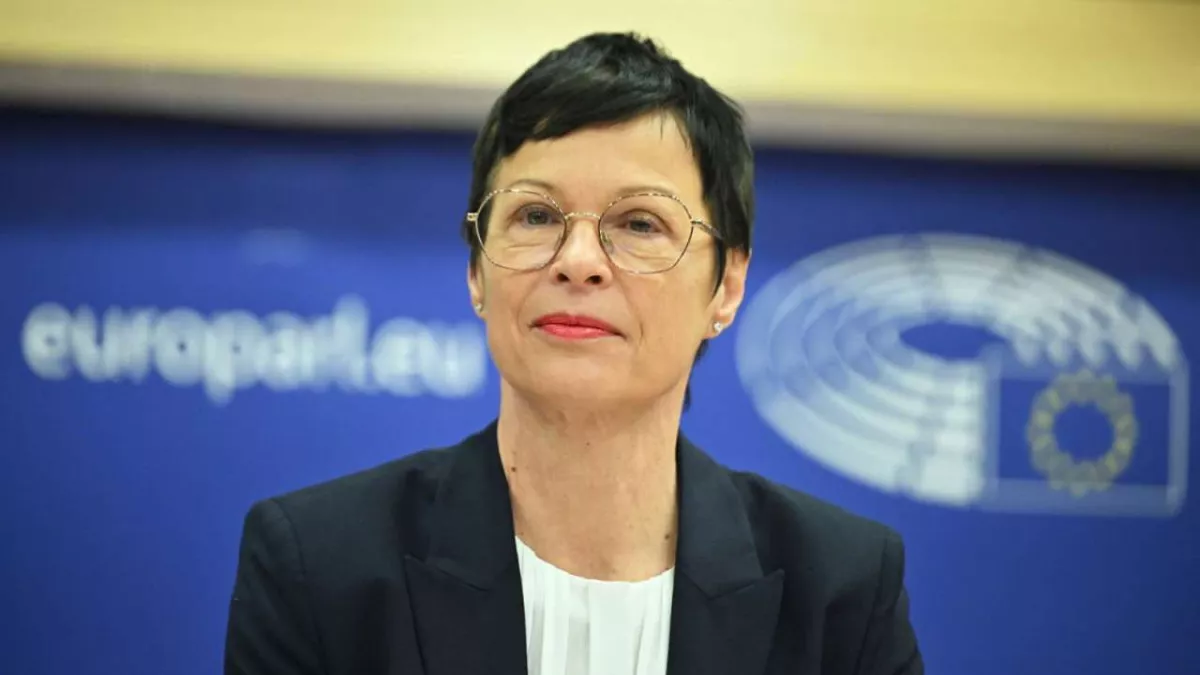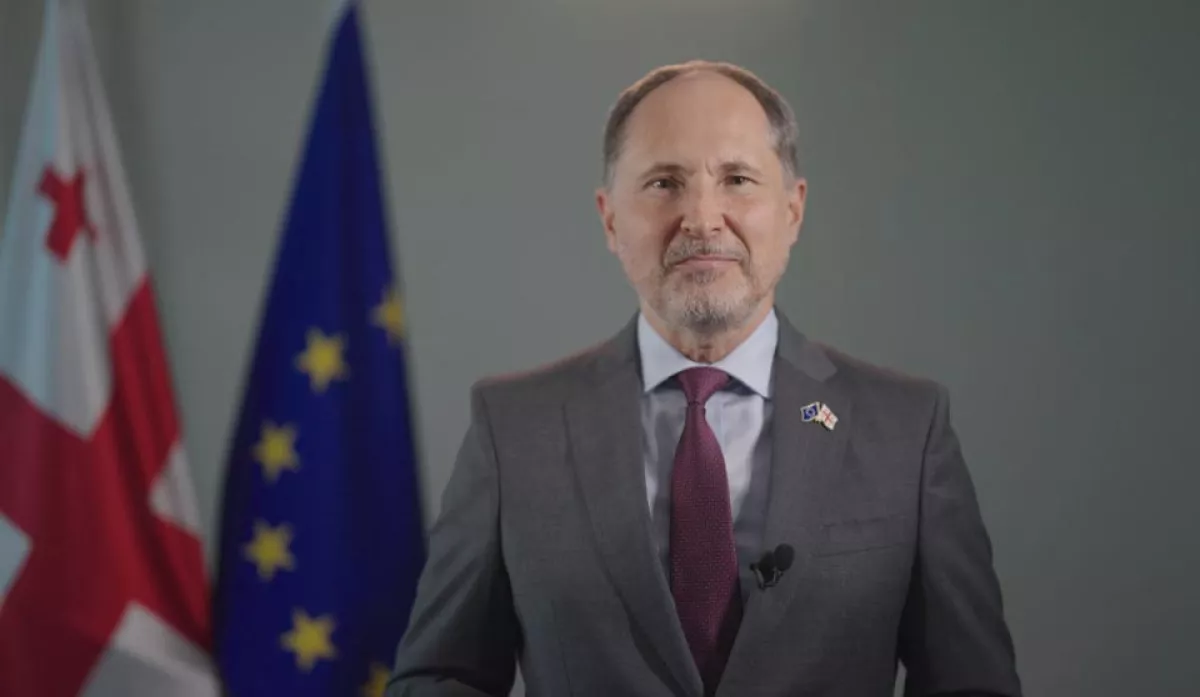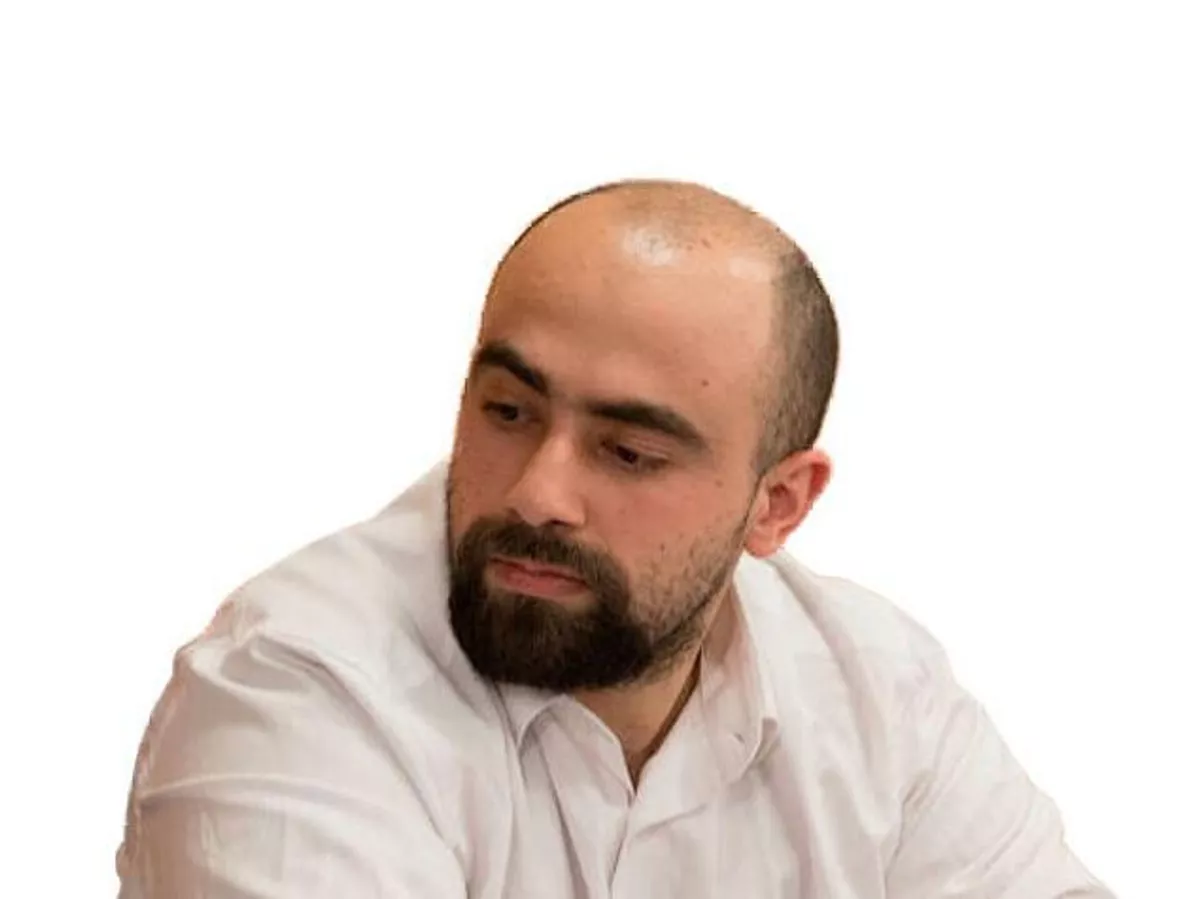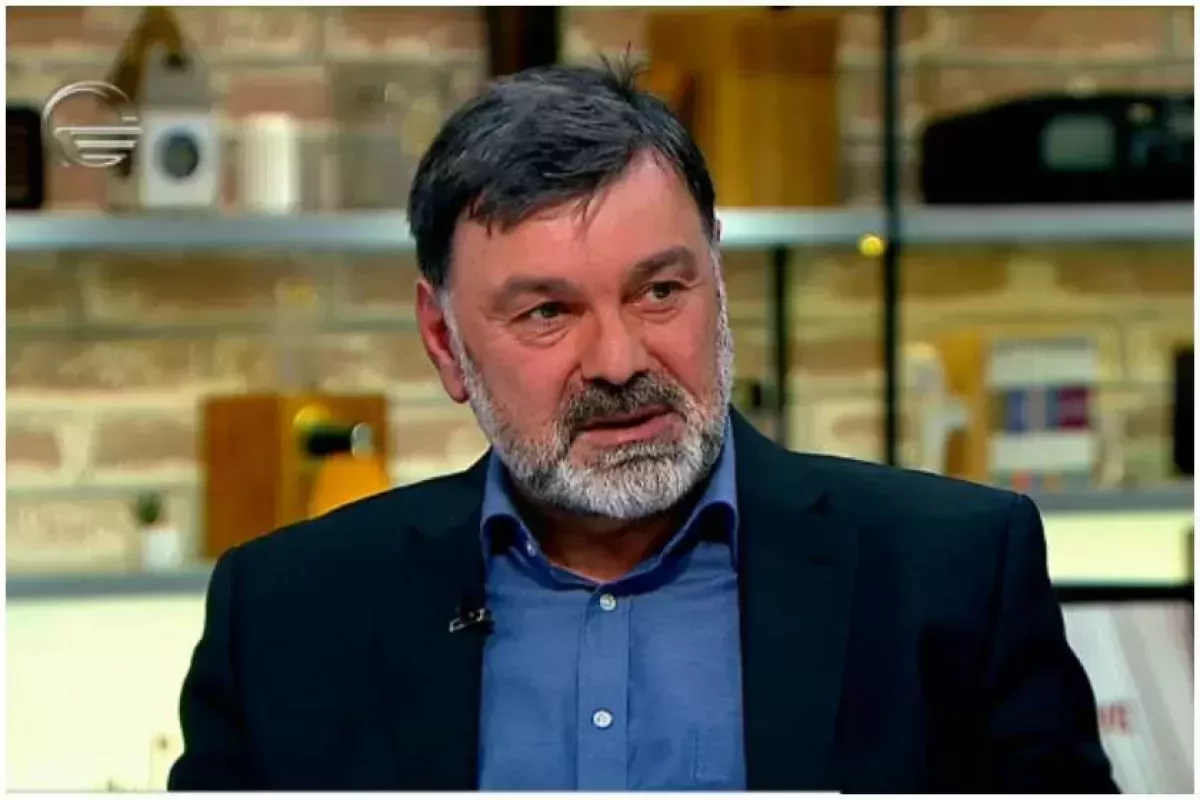A candidate with character: Tbilisi stands firm against Brussels Expert opinions on Caliber.Az
On November 4, Brussels will publish a report on Georgia’s readiness as a candidate country to meet the key requirements on its path to European Union membership.

EU Commissioner for Enlargement, Marta Kos, will present the 2025 enlargement package to the members of the European Parliament’s Committee on Foreign Affairs.
According to the European Parliament, debates will also be held on this matter, focusing on the progress achieved by candidate and potential candidate countries on their path to EU membership. After the Commission assesses reforms in these countries related to the EU, the committee’s rapporteurs will draft resolutions containing the Parliament’s findings and recommendations for each country.

Earlier, the EU Ambassador to Georgia, Paweł Herczyński, stated a few days ago that on November 4, the enlargement report would be published, including a section on Georgia.
“It will be a very long and substantial document presented by the European Commission, describing in detail what happened in Georgia over the past year and how it relates to the country’s aspiration to join the EU.
November 4 is a very important date, on this day a press conference will be held in Brussels, which will be held by European Commission Vice-President Kaja Kallas and European Commissioner for Enlargement Marta Kos. On the same day, November 4, I will also hold a press conference in Tbilisi to answer detailed questions about how well or badly Georgia is doing,” the ambassador noted.
How can one assess the prospects—and, most importantly, Georgia’s own willingness—to join the EU in the future? The past year has been marked by a significant deterioration in relations between Tbilisi and the EU, so it cannot be ruled out that the country might lose its candidate status. But what about inside Georgia itself—does the desire to join the EU still burn there, or has the issue become less relevant? After all, Prime Minister Irakli Kobakhidze stated that it would be appropriate to revisit this question only at the end of 2028.
Prominent Georgian experts have shared their opinions on this matter with Caliber.Az.

Political analyst and founder of the SIKHA Foundation research centre, Archil Sikharulidze, notes that the European Union has effectively declared a “cold war” on the ruling Georgian Dream (GD) party, as Europe has actively sought to remove it from power.
“Given this, Georgian Dream can only defend itself and, naturally, strengthen its rhetoric. I do not expect any significant consequences for Georgia on November 4, because Paweł Herczyński’s prestige among GD supporters has long since waned, while the opposition and government critics have become significantly weakened. In general, this active phase of ‘running around with the European flag’ and attempts to mobilise radical movements under it have caused phenomenal damage to Europe’s image in Georgia.
As for enlargement, frankly, I have no expectations, because the people currently overseeing Georgia actively make statements that do not correspond to reality. There is much talk about GD helping Russia circumvent sanctions, and then GD receives a letter of appreciation in which the same EU representative recognises that the party is doing everything to prevent sanctions from being bypassed. In other words, on one hand there is objective reality, and on the other hand, there is political rhetoric whose sole aim is simply to overthrow the GD government,” the researcher states.
When this report is released, he says, it will be necessary to carefully distinguish where adequacy and objectivity are maintained and where clearly inappropriate “tales and wishes” begin.
“Most likely, the ‘tales and wishes’ will appear in the human rights section, because that section is written by people who are themselves politically biased and in opposition to Georgian Dream. As for all the other indicators, I don’t even know what negative could be written, since Georgia still remains the leader in economic growth rates among all EU candidate countries. I think it will be interesting to see what they write there.
The question of Georgia’s integration into the European Union has not been cancelled, per se, but it has become obvious that, given the rhetoric Brussels is showing, the majority of the Georgian population does not want to ‘backtrack.’
I would put it this way: on one hand, Brussels seeks to pursue a policy of strategic compliance regarding Georgia, while the majority of Georgian society only agrees to strategic partnership with the EU. And if the European Union at some point realises that it is impossible to ‘bend’ Georgia and force it to do what it wants, then the situation could be normalised.
But under the current head of the mission, Paweł Herczyński, and the EU bureaucracy that runs the Union, it is impossible to talk about any improvements. Especially when these people insist that there is democracy in Armenia (even though Georgia surpasses Armenia on the democracy index), while in Georgia there is already a dictatorship, supposedly of a pro-Russian kind. I repeat: this is a case where reality does not match the wishes of certain people. And in terms of economic growth, Georgia leads all candidate countries. Yet we are still being told that ‘Georgia is a bad country,’” Sikharulidze lamented.

The founder of the “United Neutral Georgia” movement and political analyst, Bidzina Giorgobiani, noted that since the rapporteurs of the upcoming report are Kaja Kallas and Marta Kos, it is already clear that they will deliberately present information excluding any positive aspects for Georgia.
“Paweł Herczyński in Tbilisi is doing the same thing. Broadly speaking, one can say that Georgia’s integration into the EU was, from the start, an implausible political story promoted by the then Georgian government, not based on geographic, economic realities, or the realities of the European Union itself.
Unfortunately, at present, the European Union has no real capacity for expansion eastwards, especially as far as Georgia and the South Caucasus.
We do not share a common border with the EU, so this project looks like a mirage. It was, and remains, such,” the political analyst said.
In his view, the EU uses Georgia’s candidate country status as a lever to pressure the country and interfere in its internal affairs.
“Two weeks ago in Brussels, Ursula von der Leyen presented the EU’s policy regarding LGBTQ+ issues in member and candidate countries, stating that school-age children have the right to choose their own gender identity, and that parents, doctors, and the public cannot influence them in any way—violations of this will even be punishable by law. After this, Georgia has no place there. The current EU is no longer the European Union that Georgia and other Eastern European countries sought to align with,” Giorgobiani concluded.








